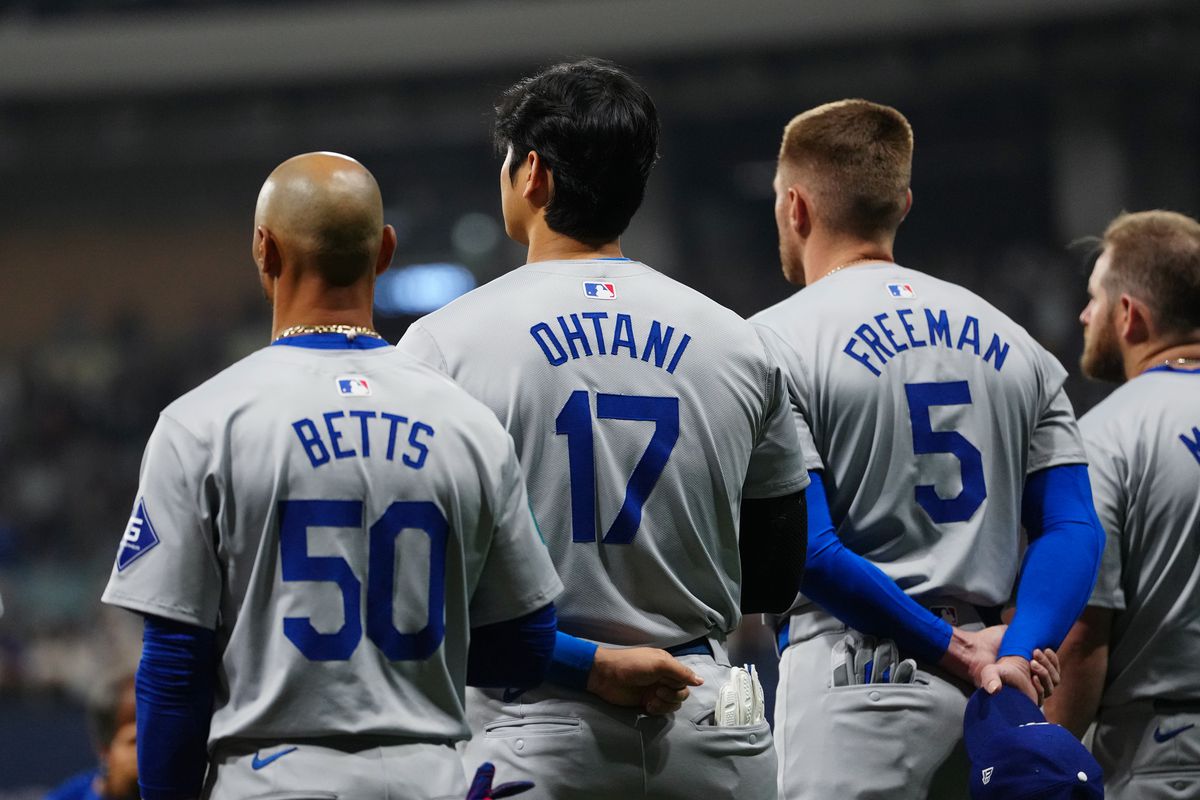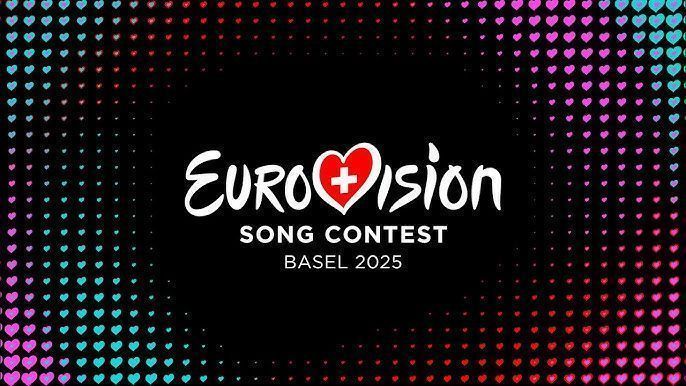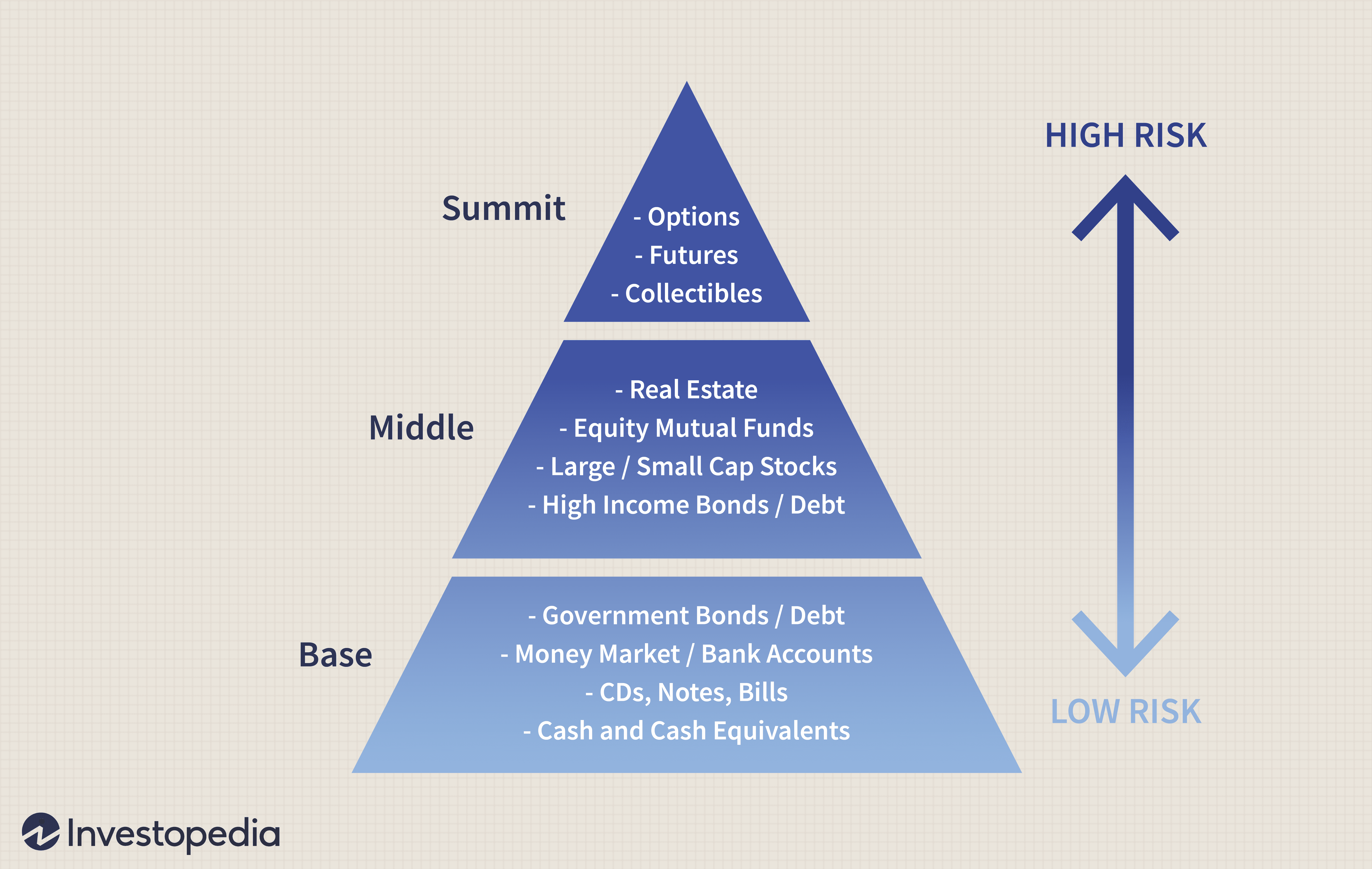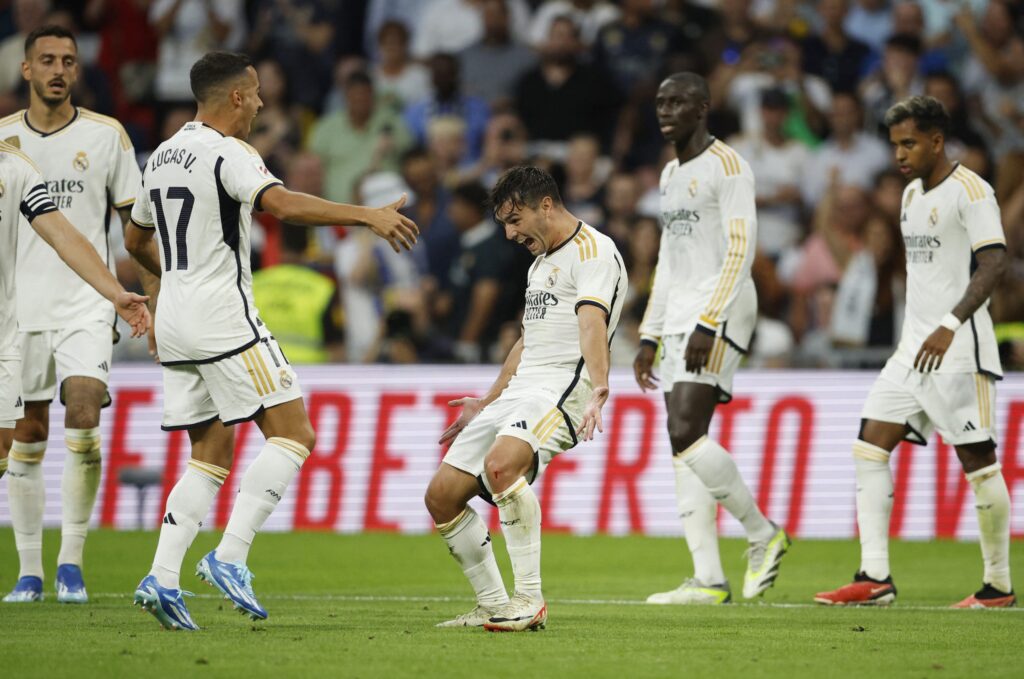How Cross-National Artists Are Changing Eurovision

Table of Contents
The Rise of Collaborative Music and its Impact on Eurovision
The increasing prevalence of cross-national collaborations in Eurovision reflects a broader trend in the music industry: the blurring of geographical boundaries and the embrace of global musical exchange. This shift has profoundly impacted the contest, bringing diverse sounds and enriching the overall experience.
Blurring National Boundaries
Collaborations transcend geographical limitations, fostering a more inclusive and globalized musical environment within Eurovision. This is evident in the increasing number of songs featuring artists from different countries, often writing and performing together.
- Examples of successful cross-national collaborations: Think of entries like Måns Zelmerlöw's "Heroes" (Sweden, featuring international songwriting talent), or entries featuring artists who have lived and worked in multiple countries, blending their cultural influences. Analyzing their success highlights the power of cross-border collaboration.
- Broadening musical styles: These collaborations introduce a wider array of musical styles. We see a fusion of genres – a Swedish pop song incorporating elements of French chanson, for example, or a Balkan-inspired melody with modern electronic beats. This fusion creates a richer sonic tapestry within the competition.
- Impact on voting patterns: Interestingly, cross-national appeal often translates to higher scores, suggesting that a wider audience connects with music that transcends national boundaries. Further research could explore the correlation between international collaboration and voting success.
New Sounds and Styles
Cross-national partnerships introduce diverse musical genres and influences, expanding Eurovision’s sonic palette considerably. The contest, once dominated by specific national styles, is now a vibrant melting pot of sounds.
- Genres brought to Eurovision through collaborations: We've seen the introduction of Latin pop influences, Afrobeat rhythms, K-pop-inspired choreography, and many more. This diversification adds excitement and caters to a wider range of musical tastes.
- Enrichment of the competition: These new styles enrich the overall quality and appeal of Eurovision, making it a more dynamic and engaging spectacle for a global audience. The competition is no longer just about national representation but about showcasing musical excellence in all its diverse forms.
- Impact on the visual aspects: The introduction of new sounds often comes hand-in-hand with innovative stage design and choreography, further enhancing the overall performance.
The Changing Face of National Identity in Eurovision
The rise of cross-national artists in Eurovision challenges the traditional notion of the contest as a purely national competition. It forces us to rethink what it means to represent a nation through music.
Beyond National Representation
Cross-national artists challenge the idea of representing a single nation. Many performers have multifaceted identities, representing multiple countries or cultural backgrounds.
- Challenging single-nation representation: An artist might be born in one country, raised in another, and write music with collaborators from a third. This challenges the simplistic idea of a single national identity.
- Artists representing multiple nationalities: Many Eurovision entrants now have diverse backgrounds, which enrich their performances and introduce new perspectives to the competition. Their music often reflects this multi-cultural heritage.
- Evolving perception of national pride: National pride is not necessarily diminished by collaboration; rather, it's reimagined as a shared celebration of music and culture transcending national borders.
A More Inclusive Platform
Cross-national participation contributes to a more diverse and inclusive Eurovision, reflecting the globalized world we live in. This fosters a sense of unity and shared experience.
- Increased representation: We see an increased representation of various cultures and backgrounds on the Eurovision stage. This makes the contest more relatable and engaging for a broader international audience.
- Positive impact on audience engagement: The diversity of styles and performers fosters greater audience engagement, broadening the event's appeal. People connect with the music and artists on a more personal level.
- Promoting cultural exchange: Eurovision itself becomes a platform for cultural exchange, celebrating the universality of music and its power to connect people across borders.
The Future of Cross-National Artists in Eurovision
The future of Eurovision is inextricably linked to the continued influence of cross-national collaborations. The trend is likely to continue, further diversifying and enriching the competition.
Continued Growth and Influence
We can anticipate further globalization and diversification within the Eurovision Song Contest. The lines between national identities will continue to blur.
- Further globalization and diversification: Expect even more collaborations, resulting in a more vibrant and eclectic mix of musical styles. This globalized approach will continue to shape the future of Eurovision.
- Future of national identity: National identity will likely remain a part of Eurovision, but its definition will be more fluid and inclusive, encompassing the shared experiences of collaborative artists.
- Impact on songwriting and composition: Expect to see more innovative songwriting approaches as artists draw inspiration from diverse cultural backgrounds and musical traditions.
Challenges and Opportunities
While the rise of cross-national artists presents many opportunities, it also presents challenges. Logistical hurdles, language barriers, and potential voting biases need to be addressed.
- Overcoming challenges: The European Broadcasting Union (EBU) plays a crucial role in fostering inclusivity and navigating the logistical complexities of international collaborations.
- Fostering further collaborations: Incentivizing cross-national collaborations through workshops, mentorship programs, and other initiatives could further enrich the contest.
- Addressing voting biases: Transparency and fairness in voting procedures are essential to ensure that all entries are judged on their musical merit, regardless of the artists' nationalities.
Conclusion
The increasing presence of cross-national artists is undeniably transforming Eurovision. By fostering collaboration, expanding musical styles, and challenging traditional notions of national identity, these artists are enriching the competition and creating a more inclusive and globally appealing event. The future of Eurovision is likely to be even more vibrant and diverse, thanks to the continued influence of cross-national artists. To stay updated on this exciting evolution, keep following the Eurovision Song Contest and exploring the exciting world of cross-national collaborations in music. Embrace the power of cross-national artists Eurovision and witness the beautiful evolution of this global spectacle!

Featured Posts
-
 Shohei Ohtanis 3 Run Homer Key To Dodgers 14 11 Victory
May 14, 2025
Shohei Ohtanis 3 Run Homer Key To Dodgers 14 11 Victory
May 14, 2025 -
 Track The Eurovision 2025 Entries Confirmed Artists And Songs
May 14, 2025
Track The Eurovision 2025 Entries Confirmed Artists And Songs
May 14, 2025 -
 Haitis New Airport A Risky Investment In A Turbulent Environment
May 14, 2025
Haitis New Airport A Risky Investment In A Turbulent Environment
May 14, 2025 -
 Jobe Bellingham Transfer Fee What Chelsea And Tottenham Must Pay
May 14, 2025
Jobe Bellingham Transfer Fee What Chelsea And Tottenham Must Pay
May 14, 2025 -
 Real Madrid Eyeing Bournemouth Star Huijsen Transfer On The Cards
May 14, 2025
Real Madrid Eyeing Bournemouth Star Huijsen Transfer On The Cards
May 14, 2025
